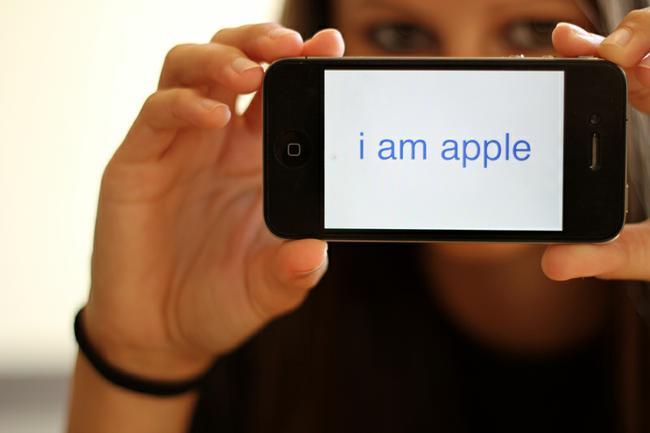Steve Jobs left not only his reign as C.E.O. of Apple Inc., but he also left a lasting imprint on the world of technology.
“It’s clear looking back that Steve was the heart of that company,” MU Information Technology Director Dale Musser said. “He made it work. He had focus, design sense and high expectations for the company. If he didn’t like it, you had to make it better. Otherwise, we wouldn’t be talking about Apple today.”
Musser said that the competition between Apple, led by Jobs, and Microsoft challenged all technological companies to be more innovative, thereby impacting the world.
Freshman Andrew Leland said Apple products have helped shape how people today think of technology.
“In the information age, a huge sector of the economy and education use the computer,” Leland said. “When that much of your time and mental bandwidth is devoted to using that technology it informs how you experience and understand the world. The way that iTunes organizes your music library, for example, I think that is now the default way people think about organizing music and about music period.”
Sophomore Evan Arnold said he began using Apple computers when he entered the School of Journalism, which recommends the products to its students.
“I’m not an expert, but I think the competition between Mac users and Windows users is really helpful for consumers because it makes things easier and more user-friendly,” he said. “Consumers want to buy products (that) are user-friendly.”
Senior Henrietta Farley said she has noticed all of her professors use Macs. She said she does not think Apple products are necessarily better than Microsoft products, but thinks it’s good that journalism students all use Macs because it streamlines the learning process.
Musser said MU’s information technology and computer science program also recommends Macbooks or Macbook Pros, both Apple products.
“Any project a student needs to do can be accommodated on a Mac,” Musser said. “Macs can run Windows, Linux, etc. it’s a platform with no boundaries. Apple serves all of the needs we have. Personally, I like Apple’s design and usability of software.”
Musser said that one of Apple’s most prominent achievements is the iPhone.
“Apple changed the world with the iPhone,” he said. “Prior to that, phone companies were putting out smart phones that were rather dumb, with design that made them hard to use, and they were underwhelming in terms of abilities.”
Farley said the iPhone is her favorite Apple product.
“I love my iPhone,” she said. “I was never tempted to get a Droid or whatnot. I just wanted to get what I heard was ‘the real deal.’”
Leland, who said he prefers Mac computers to Windows computers, said his favorite Apple innovation is the Mac operating system, OS X.
“I find Windows’ interface inferior every way to Macs,” he said. “It’s less intuitive. For the sorts of things I use computers for, like print production, web design, word processing and communications, I think it’s a lot more intuitive and natural.”
Musser said that Jobs and Apple Inc. will have a lasting legacy.
“He was miraculous because he also created Pixar, so he had an effect on Disney and animation as well,” he said. “He managed to stay healthy long enough to lead Apple to very good future. To exceed Exxon at market capitalization is unbelievable. If I were a CEO I think that would be an excellent time to exit stage left. Now, Apple has so much money in the bank they could stop doing anything and survive for years to come. They’re in such a wonderful place for a company.”
Farley said people of her generation tend to have positive image of Apple products.
“I’ll be a Mac loyalist until they bury me in the ground,” Leland said.







